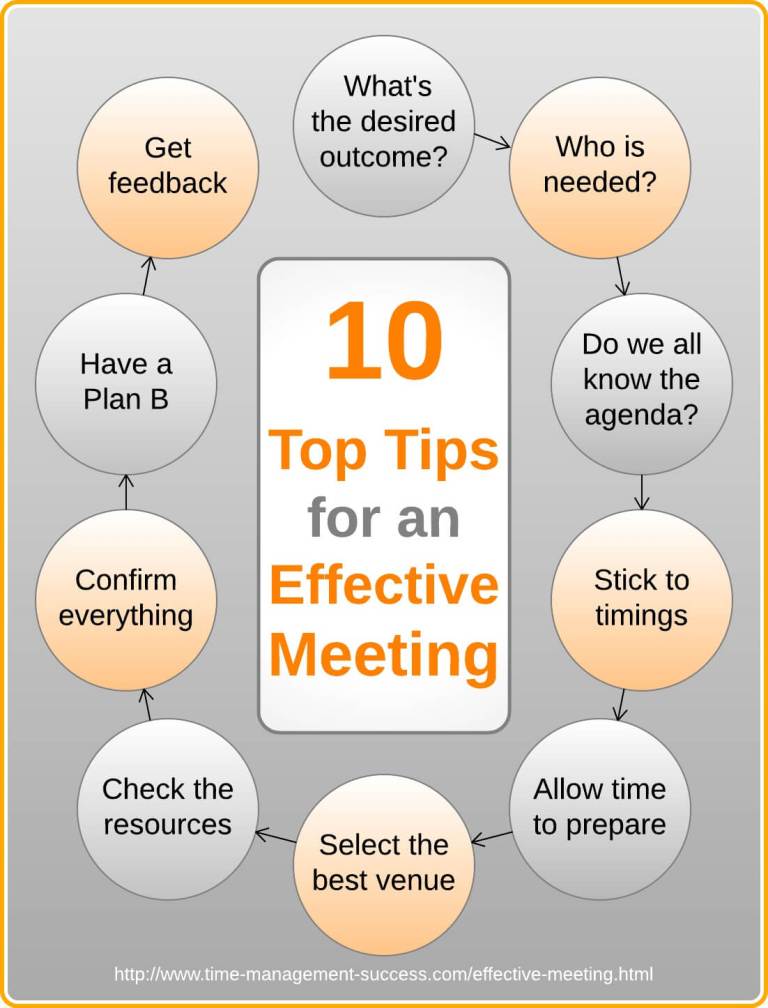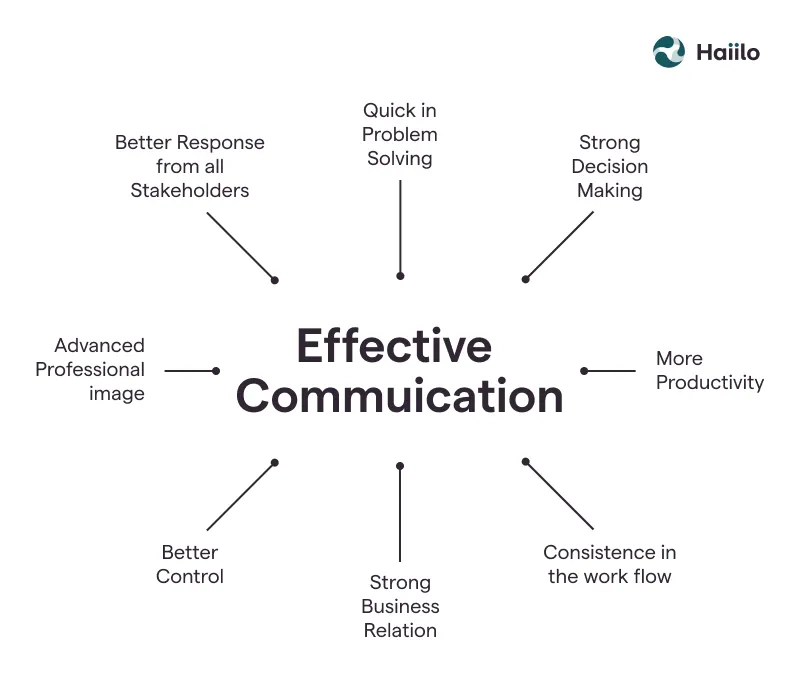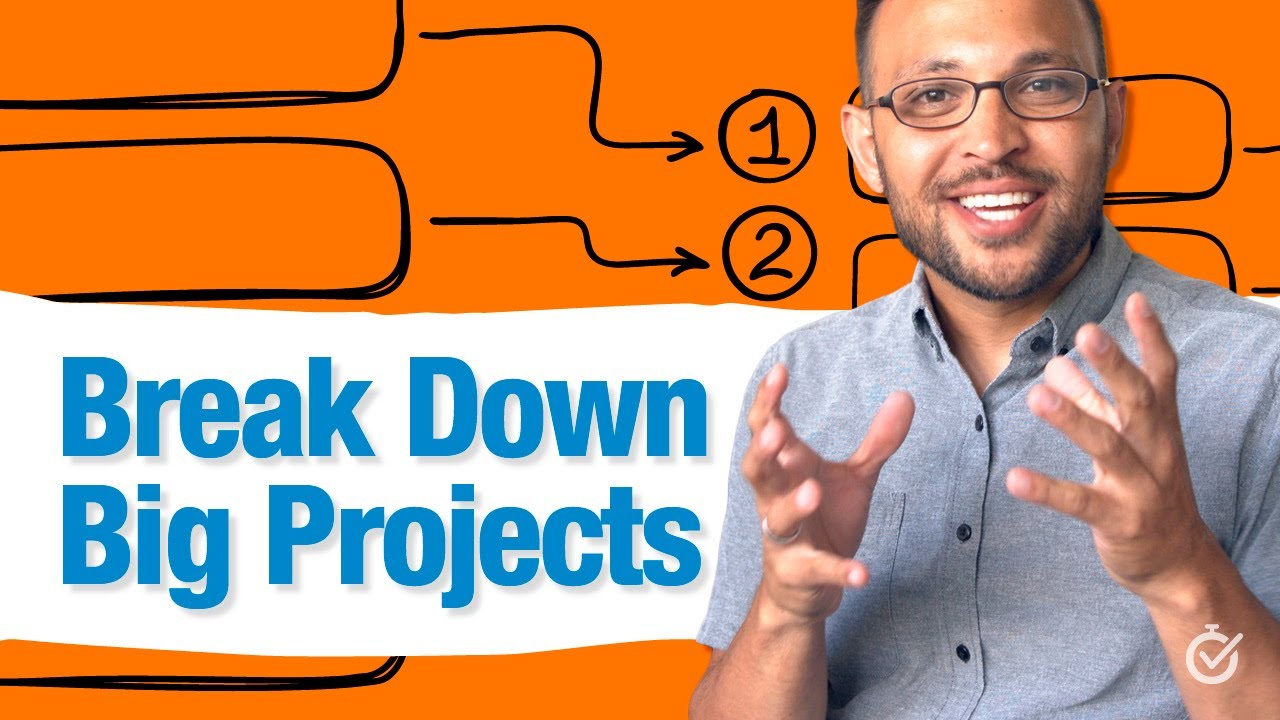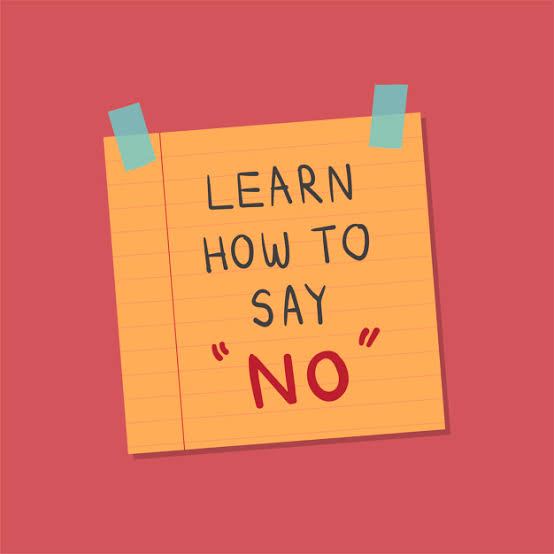Effective Meeting Strategies: Boosting Productivity and Collaboration
In today’s fast-paced business world, meetings have become an integral part of any organization. However, all too often, meetings can be unproductive and time-consuming. To ensure successful outcomes and maximize productivity, it is essential to implement effective meeting strategies.
Setting Clear Objectives
One key strategy for effective meetings is setting clear objectives. Before the meeting, define the purpose and desired outcomes. This will help participants understand the agenda and come prepared. By having a clear focus, meetings can stay on track and avoid unnecessary tangents.
Creating an Agenda
Another crucial aspect of effective meetings is creating a well-planned agenda. An agenda helps structure the meeting and ensures that all necessary topics are covered. Distribute the agenda in advance so that participants can prepare and contribute meaningfully. Additionally, allocate specific time slots for each agenda item to keep the meeting on schedule.
Encouraging Active Participation
Active participation is vital for productive meetings. Encourage all participants to contribute their ideas, thoughts, and concerns. Create a supportive environment where everyone feels comfortable speaking up. Consider using techniques like brainstorming or round-robin discussions to foster collaboration and creativity.
Limiting Meeting Duration
Ineffective meetings often drag on for too long, leading to decreased productivity and engagement. To combat this, set a time limit for the meeting and stick to it. Be mindful of the agenda and ensure that discussions stay focused and concise. By respecting everyone’s time, meetings can become more efficient and productive.
Following Up with Action Items
After the meeting, it is crucial to follow up with action items. Clearly document decisions, tasks, and deadlines. Share this information with all participants to ensure accountability. Regularly review progress on action items in subsequent meetings to track achievements and address any challenges.
Conclusion
Implementing effective meeting strategies can significantly enhance productivity and collaboration within an organization. By setting clear objectives, creating a well-planned agenda, encouraging active participation, limiting meeting duration, and following up with action items, meetings can become more engaging and yield successful outcomes.



